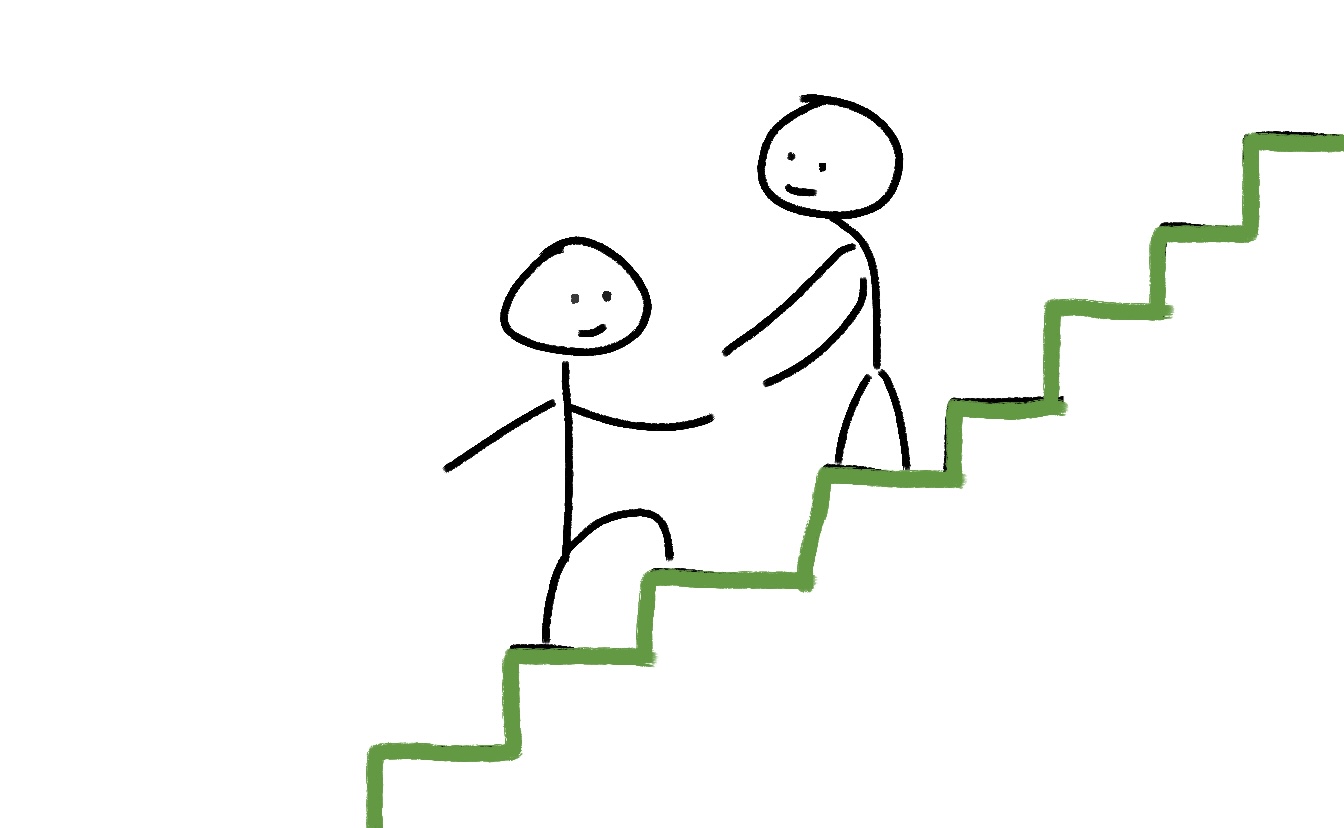December 2024 Workshop Summary: Career Development Networking

This month’s meeting was a more informal networking session, with a series of small group chats of 4-5 people. There was a prompt around a career development theme for each set of discussions. Some of the threads raised in these are summarised here:
What challenges are there to career development for members of NABES?
-
Being professionally isolated as the only statistician in the organisation or geographically isolated, but NABES is already helping with this by forming connections and having people around who could answer questions.
-
Being trapped with the ‘service provider’ label and not having opportunities to develop research skills, pursue grants, and other skills that would support progression; being seen as less important than other groups in the organisation.
-
Feeling uncomfortable or silly when asking questions – some of the more career-old members of the group voiced their solidarity and mentioned that feeling stupid is often a product of thinking deeply enough to pick up on issues below the surface.
What is the best bit of advice you’ve received or skill you think everyone should have?
-
Listening and asking questions to make sure you understand the science and being willing to challenge what you’re listening to.
-
Deconstructing problems into simpler parts to build understanding from there
-
Confidence when presenting work – giving the right amount of detail on drawbacks so you don’t undermine your own work.
-
Having confidence to do your own research and make yourself an essential partner in research collaborations.
-
Managing expectations of stakeholders and project partners – writing email summaries to verify expected timeframes and responsibilities for all parties.
-
Recording work and thought processes to help when you need to revisit past work or pass it onto others.
Can we build on these discussions to help shape future workshops or conference/network activities?
-
Mentoring scheme and more in-person events to strengthen links and help with isolation.
-
Sharing career paths so more career-young members can gain insight from others’ experiences and decision-making processes in career choices.
-
Possible workshops on communicating results and reporting on the work you’ve done, managing client / collaborator expectations, building confidence, and persuading others to become collaborators.
-
Workshops for scientists on collaborating with statisticians and helping others understand the work we do and the value we bring.